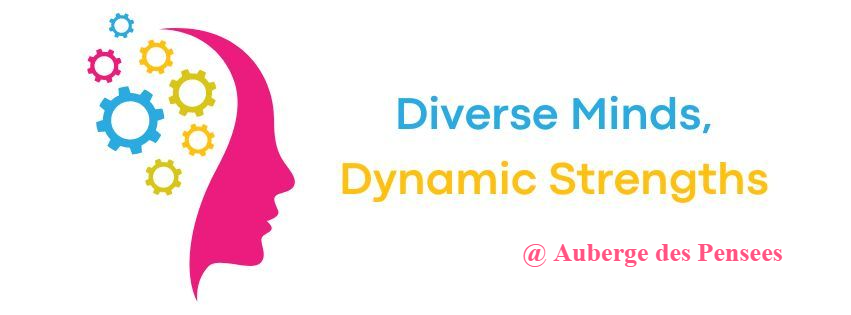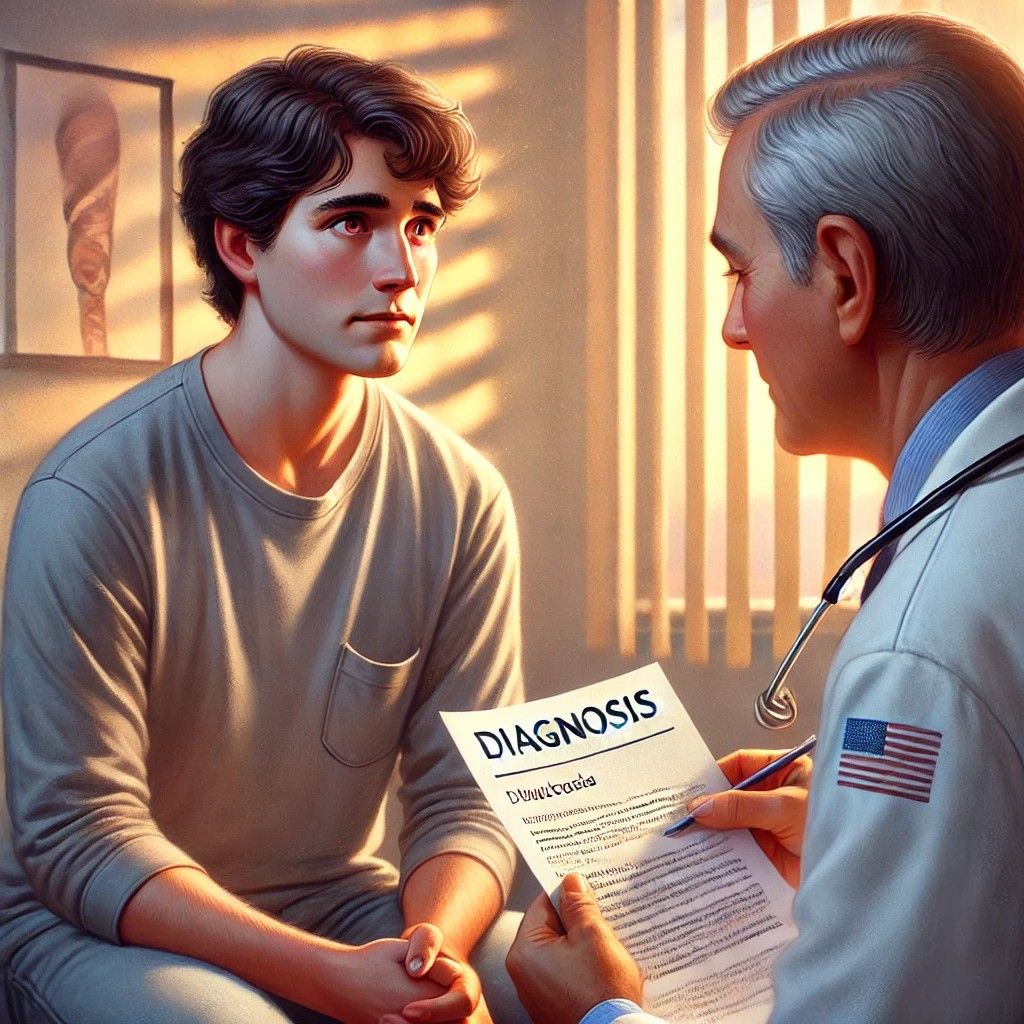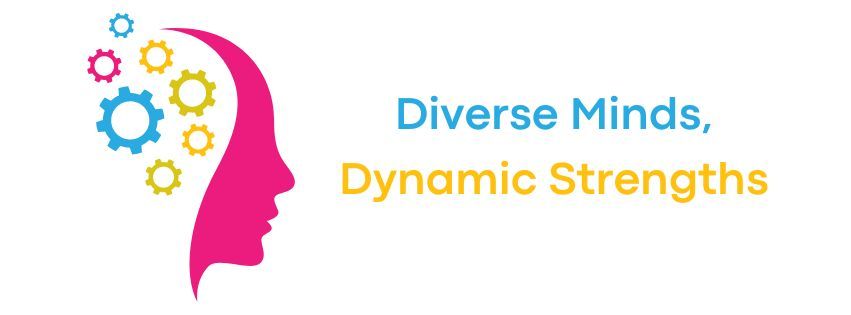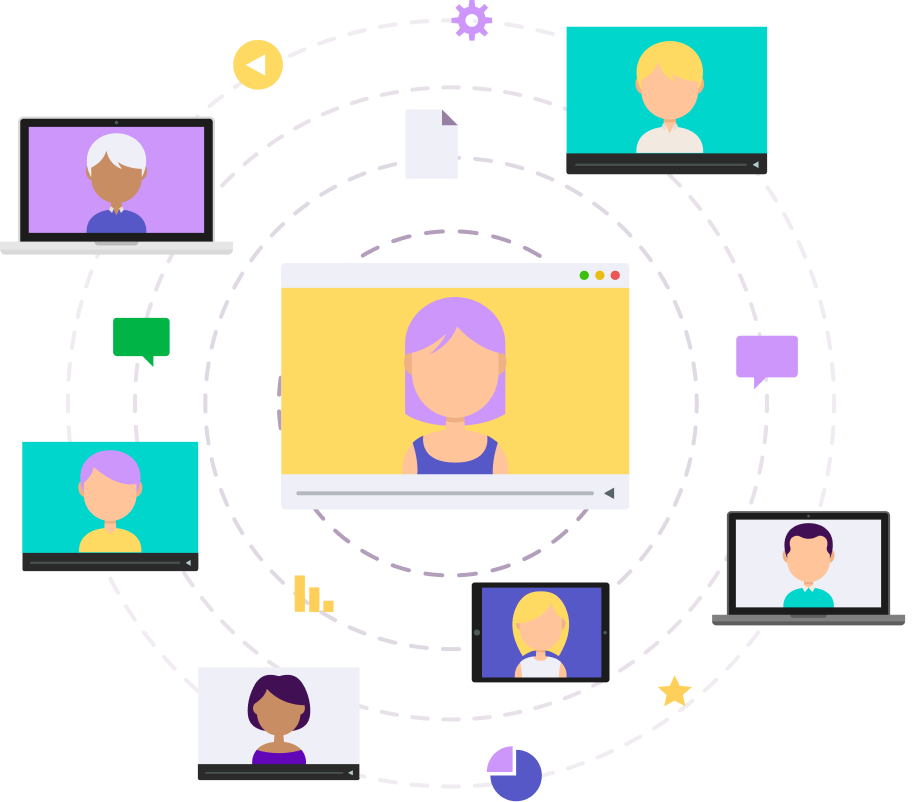Neurodiversity—the idea that differences in cognition, sensory processing, and communication are natural variations of the human experience—isn’t a buzzword. It’s a paradigm shift. For adults diagnosed with autism, ADHD, dyslexia, or other neurodivergent traits later in life, this framework isn’t just enlightening—it’s liberating.
Late diagnoses often arrive after years of misread signals. Perhaps you excelled academically but crumbled under workplace sensory overload. Maybe relationships felt like deciphering a foreign language. Society’s narrow definitions of “normal” left you navigating a maze without a map. But here’s the truth: Your brain isn’t broken. It’s brilliantly wired.
Historically, neurodivergence was viewed through a narrow, childhood-focused lens. If you weren’t the “disruptive boy” in class or masked your struggles well, you slipped through the cracks. Neurodiverse women, in particular, have gone undiagnosed for decades due to biased diagnostic criteria and societal expectations to “be polite” or “try harder.”
The rise in late diagnoses isn’t because neurodivergence is suddenly more common—it’s because we understand it better. Increased awareness, inclusive diagnostic frameworks, and the rise of online communities have empowered adults to finally see themselves clearly. What once felt like a lifetime of unexplained challenges now has a name—and with it, a path to self-compassion.
A late diagnosis is a paradox. It brings clarity—“So that’s why I’ve always felt this way!”—and grief for the years spent contorting into molds that never fit. This emotional whirlwind is valid.
Relief: Finally, an explanation. The puzzle pieces snap into place.
Grief: Mourning the childhood accommodations you never had, the relationships fractured by misunderstanding.
Frustration: “What if I’d known sooner?” A natural question, but not a life sentence.
Validation: Recognizing your differences aren’t flaws—they’re part of a neurocognitive design as unique as a fingerprint.
Empowerment: Permission to shed the mask and redefine success on your terms.
As one client shared: “Learning I was autistic at 45 didn’t change who I was. It changed how I saw myself. I stopped apologizing for existing.”
Many neurodiverse adults have spent years masking—suppressing stims, forcing eye contact, or over-explaining behaviours to fit neurotypical norms. But unmasking isn’t about rebellion; it’s about coming home to yourself.
Notice Where You’ve Masked: Start small. Did you hide your need to stim in meetings? Apologize for needing quiet?
Reframe Your Past: Those “failures” weren’t personal shortcomings—they were unmet needs in a world not built for you.
Set Boundaries That Honor Your Brain: Reduce sensory overload, decline draining social obligations, or request workplace adjustments. Thriving, not just surviving, is your right.
Neurodiverse adults bring unparalleled gifts to the table—if we’re willing to look beyond stereotypes.
Hyperfocus: What some call “obsession” becomes mastery, innovation, or artistic genius.
Sensory Depth: A heightened awareness can mean agony in fluorescent lighting—but also profound joy in music, texture, or nature.
Pattern Recognition: The brain that struggles with small talk might excel at solving systemic problems or predicting trends.
The challenge isn’t “fixing” neurodivergent traits. It’s designing a world that honours them.
Unlearn Internalized Stigma: Replace “Why can’t I just…” with “What do I need to thrive?”
Build Your Toolkit: Noise-canceling headphones, structured routines, or communication scripts—your needs are valid.
Find Your Tribe: Connect with communities (like ours at Diverse Minds, Dynamic Strengths) that celebrate neurodiversity without caveats. Online forums, local groups, or strengths-based coaching can anchor you.
Advocate Gently: Educate others, but prioritize your energy. You don’t owe the world an explanation.
A late diagnosis isn’t an ending. It’s a rebirth—a chance to rewrite your story with agency and pride. To the woman realizing she’s autistic at 50, the man embracing his ADHD at 60, or the nonbinary person exploring dyslexia at 30: Your journey matters.
There may be grief for the past, but there’s also radical hope for the future.
At Diverse Minds, Dynamic Strengths, we’re here to amplify these narratives. Because neurodiversity isn’t a footnote; it’s a vibrant chapter in the story of humanity.
Join us. Your mind belongs here.




